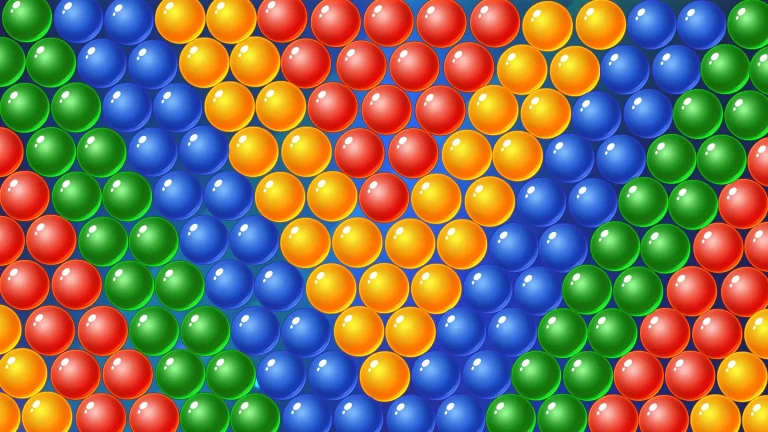The Role of Dr. Mercola in Developing Advanced Treatments for Heart Failure
Affecting millions of individuals globally, heart failure is a major illness. It arises when the heart loses its capacity for efficient blood pumping, which can cause a range of problems. Medical experts have put out great effort recently to identify fresh and improved approaches to treat this illness. Dr. Mercola is one person who has made especially great contributions to this endeavor. By means of his creative approach to health and well-being, he has been instrumental in the evolution of cutting-edge treatments meant to enhance the quality of life for heart failure patients.
Innovative Approaches to Heart Health
Long a champion of natural health and wellness, Dr. Mercola His work has concentrated on alternative therapies that advance general well-being; several of his techniques have been modified to fit heart conditions. Dr. Mercola has brought fresh approaches to maintaining heart function without depending just on conventional pharmaceuticals by stressing lifestyle modifications, including good food, frequent exercise, and stress management.

The Importance of Prevention and Education
He has made, among other important contributions, his emphasis on education and prevention. Through teaching patients on the need for keeping a healthy heart, he has enabled people to take charge of their health and implement good lifestyle modifications. His research has underlined how diet, sleep, and exercise help to control and even undo the symptoms of heart failure. Many patients’ quality of life has been enhanced and the risk of heart failure has been greatly lowered, thanks in great part to this proactive strategy.
By means of his dedication to enhancing heart health, Dr. Mercola has been instrumental in the evolution of sophisticated heart failure treatments. Through emphasizing prevention, education, and creative ideas, he has had a significant influence on the way heart disease is controlled. The future of heart health seems better than ever as more people adopt these innovative therapies and lifestyle adjustments.













